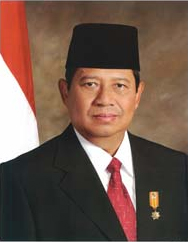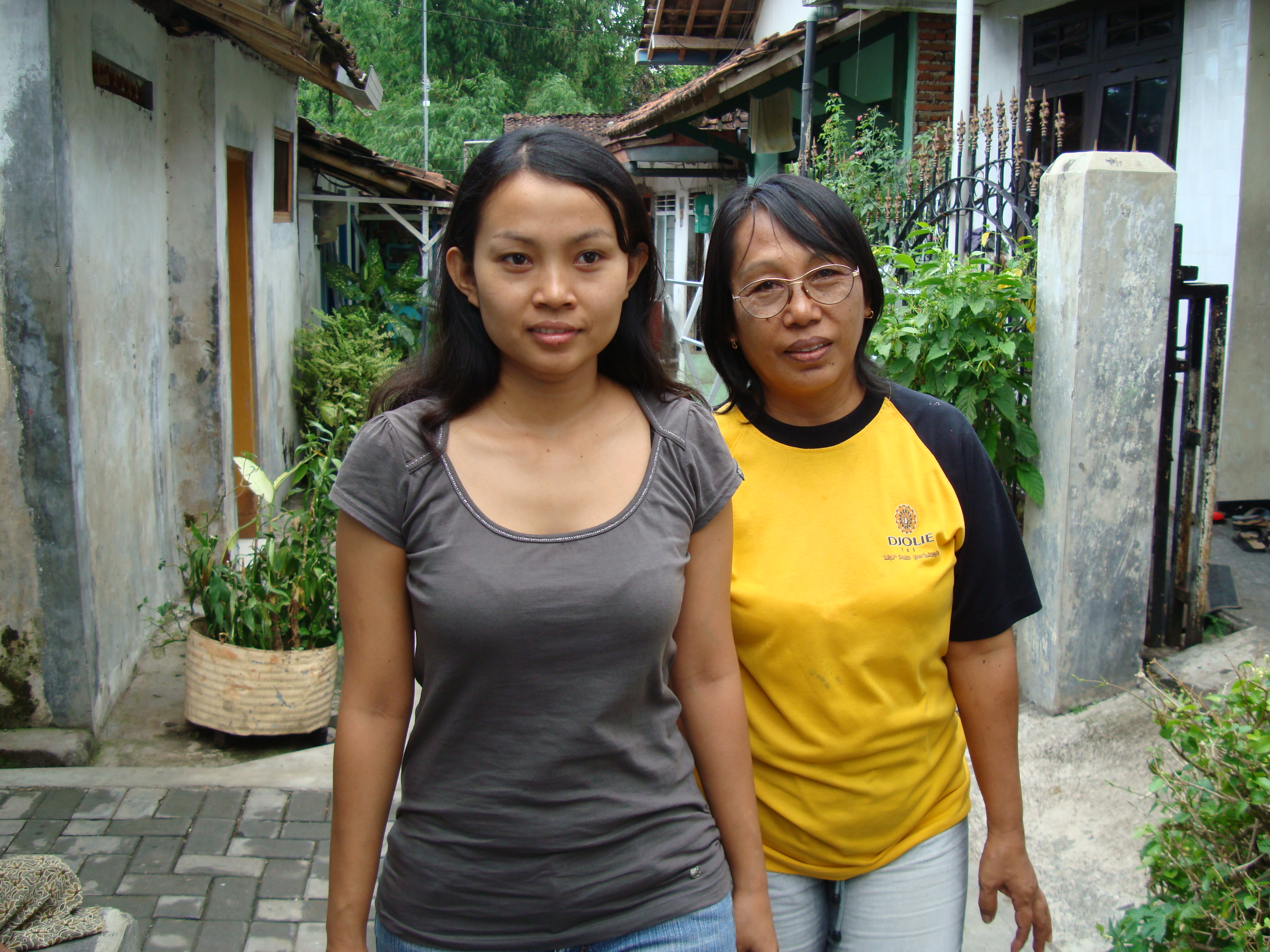The Case of Indonesian Migrant Domestic Workers
Each time Suri begins to pack her bags, her ten year old daughter begins to sulk. She knows it will be at least a year, if not more, before her mother returns to their village in East Java. During that time, the memory of her mother’s voice and face will start to fade; when she returns again, Suri will be almost a stranger in her own family. For hundreds of thousands of migrant domestic workers from Indonesia, this is all too common. Women like Suri contribute to the Indonesian economy in staggering figures – some $8 billion USD was sent back home in the form of remittances in 2008. Yet they remain workers without rights, often exploited, abused, and ignored.
Suri (not her real name) is one of the lucky ones. A recent high profile case of the execution of an Indonesian in Saudi Arabia has further spurred discussion in Indonesia over protections of its own citizens abroad. Ms. Ruyati binti Sapubi, a 54 year old domestic worker, was beheaded after being convicted of murdering her employer. Ruyati had been allegedly abused, and denied permission to leave Saudi Arabia. She admitted to the murder, citing the abusive circumstances. In a similar case, Ms. Darsem binti Dawud Tawar was convicted of murdering a family member of her employer, one she accuses of attempted rape. While Darsem was pardoned as a result of political manoeuvring on the part of the Indonesian government – and a healthy blood money payment of just over $500,000 USD – Ruyati received no such protection. The Indonesian government has since issued a moratorium on the sending of migrants to Saudi Arabia; the Saudis have similarly blocked the issuance of new visas.

Ironically, Indonesian President Susilo Bambang Yudhoyono (SBY) had tough words on such issues just a week prior to Ruyati’s execution. Speaking at the International Labour Conference in Geneva on 14 June 2011, SBY called Indonesian migrant workers “economic heroes” and stated that the Indonesian government has “developed arrangements with host countries, to ensure that [migrant workers] rights are respected and protected.” Just two weeks later, with the country in an uproar over the inability of the Indonesian government to protect Ruyati, Indonesian Foreign Minister Mr. Marty Natalegawa added insult to injury by stating that “though this nation feels sad [about her death], at the same time we can’t ignore that Ruyati has admitted to killing her employer.” The minister’s statement suggests that Ruyati deserved her fate, regardless of the circumstances. What about the responsibility of the state to protect its citizens overseas? What about the arrangements to ensure protection of rights? SBY received a standing ovation for his speech at the International Labour Conference; he and his government have yet to put words into action.
Words into action form the most difficult, complex, and elusive goal of international law. While there are reams of agreements between nations on any number and variety of issues, the actual level of enforcement of these agreements domestically is often severely lacking. High profile examples abound – The United States ratified the UN Convention against Torture, and Other Cruel, Inhuman or Degrading Treatment or Punishment in 1994, yet events of the last decade have shown the government’s lack of commitment, in the name of national security. Similarly, South Korea is a signatory to the International Covenant on Civil and Political Rights, yet maintains restrictions on peaceful public assembly. Then there are the cases of blatant political posturing – Saudi Arabia ratified the Convention on the Elimination of All Forms of Discrimination Against Women in 2000, however it entered a reservation stating that “In case of contradiction between any term of the Convention and the norms of Islamic law, the Kingdom is not under obligation to observe the contradictory terms of the Convention.”
When treaties are subject to such obvious disregard and are coupled with a lack of any meaningful enforcement of oversight mechanism, they become little more than the wistful ideals of utopians. It takes a strong and brave state to accept the loss of power, and political complications, that will come with integration of international legal instruments into domestic legislation.
Indonesia has been given that opportunity. At the same conference where SBY delivered his now-infamous speech, the ILO passed Convention 189 on Decent Work for Domestic Workers. Convention 189 is the result of decades of effort to provide protections specifically for domestic workers. The convention finally recognizes domestic work as work, a fundamental step forward in the rights of these women. Indonesia supported the passage of this convention, and government ministries and spokesmen continue to pay lip service to its principles. But now comes the difficult task of actually ratifying the convention, and the nearly monumental task of integrating it into domestic legislation.
For the Indonesian Parliament, the difficulties are complex. For example, article 15 of the convention seeks to protect domestic workers from the exploitative practices of recruitment agencies. Such agencies are often privately run, lack any form of government oversight, and only seek to gain profit at the expense of migrant workers. Exorbitant recruitment fees are regularly charged, forcing the migrant worker into a situation akin to bonded labour. However in Indonesia, some of the largest recruitment agencies are owned by members of parliament. This obvious conflict of interest has meant continued delays in reforming relevant legislation – particularly Law 39 of 2004 Concerning Placement and Protection of Indonesian Workers in Foreign Countries. In its current form, this piece of legislation is severely lacking in terms of protections of workers. Instead it focuses almost entirely on loose regulation of recruitment agencies. Without significant political will, which by all accounts is lacking, reform of this law will continue to be stalled in parliament.
If and when Indonesia does ratify Convention 189, there should be little cause for celebration unless it is followed by (or ideally preceded by) meaningful integration into domestic legislation. Students of international law, and those who champion international legal norms and instruments, must be continually wary of the gaps between endorsement, ratification, integration, and application – all the talk in the world cannot bring back Ruyati, or protect others like her. Promotion of the international law regime is only as meaningful as associated, concrete actions by individual states.
(Photo courtesy of bbcworldservice/Flickr)

